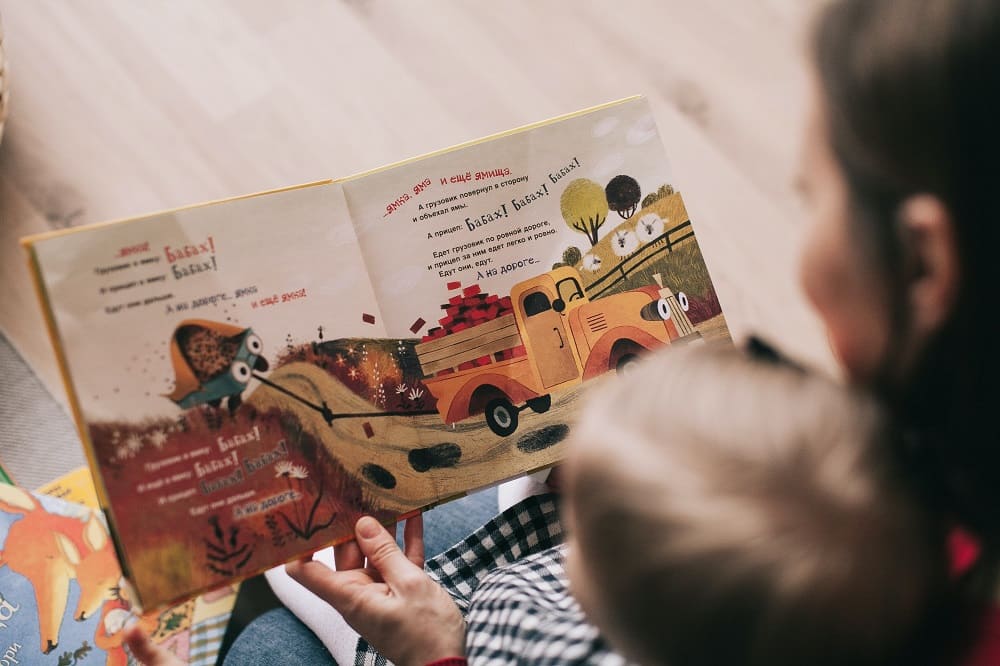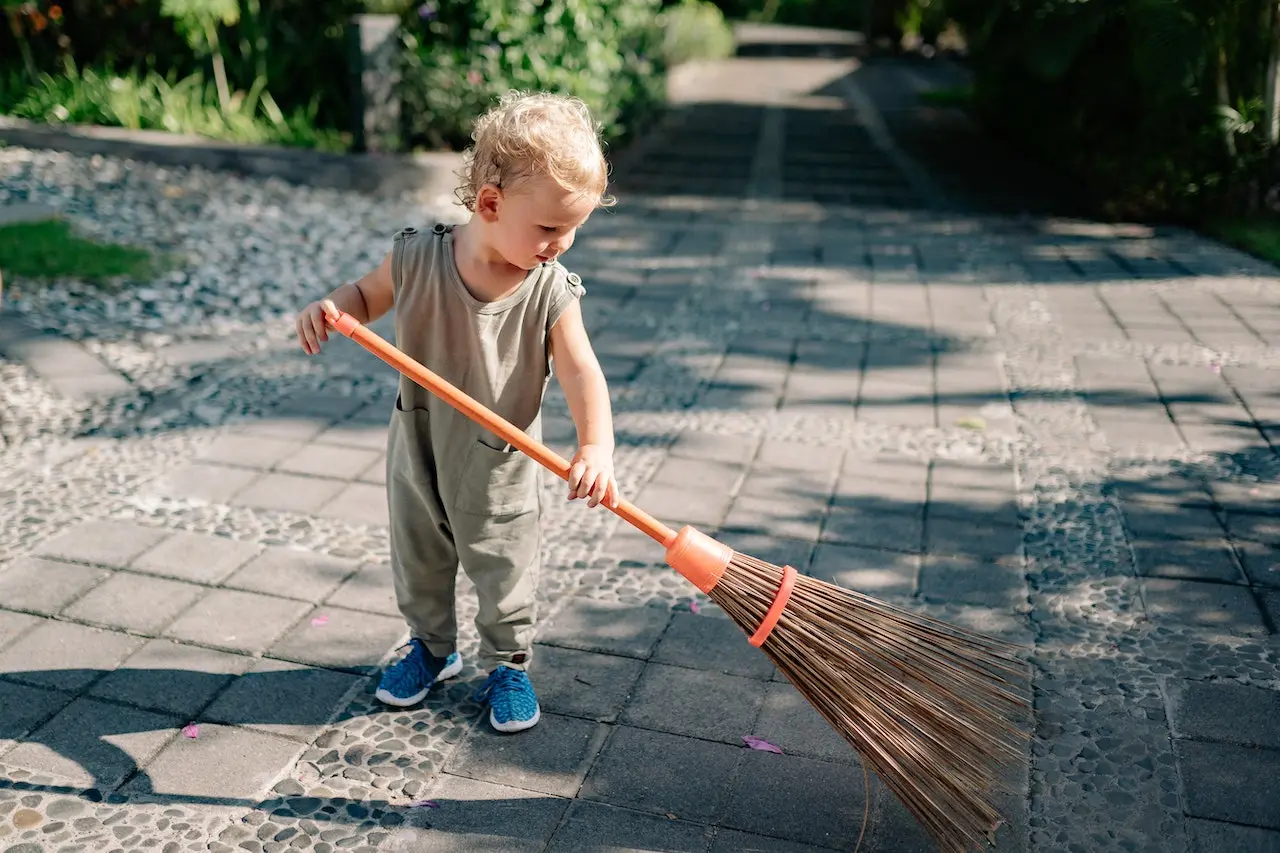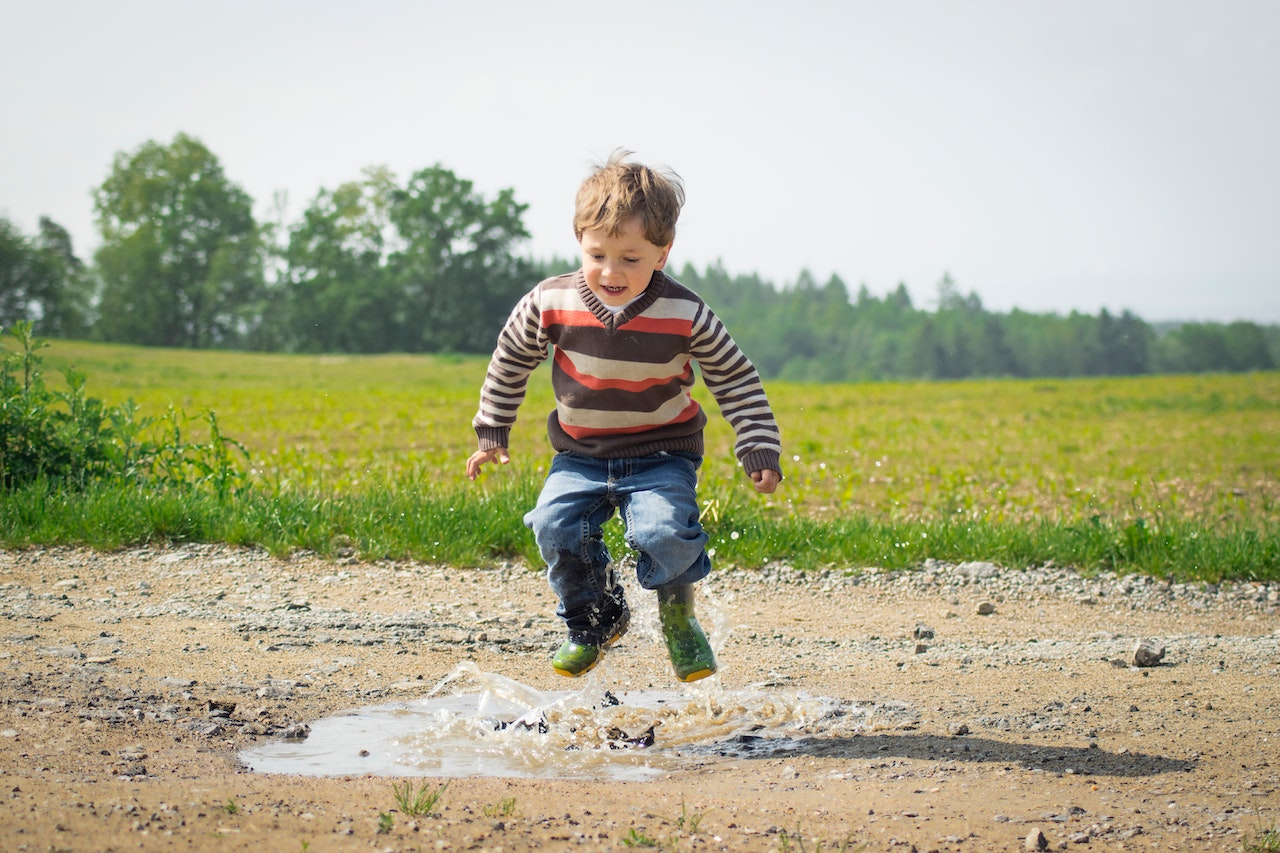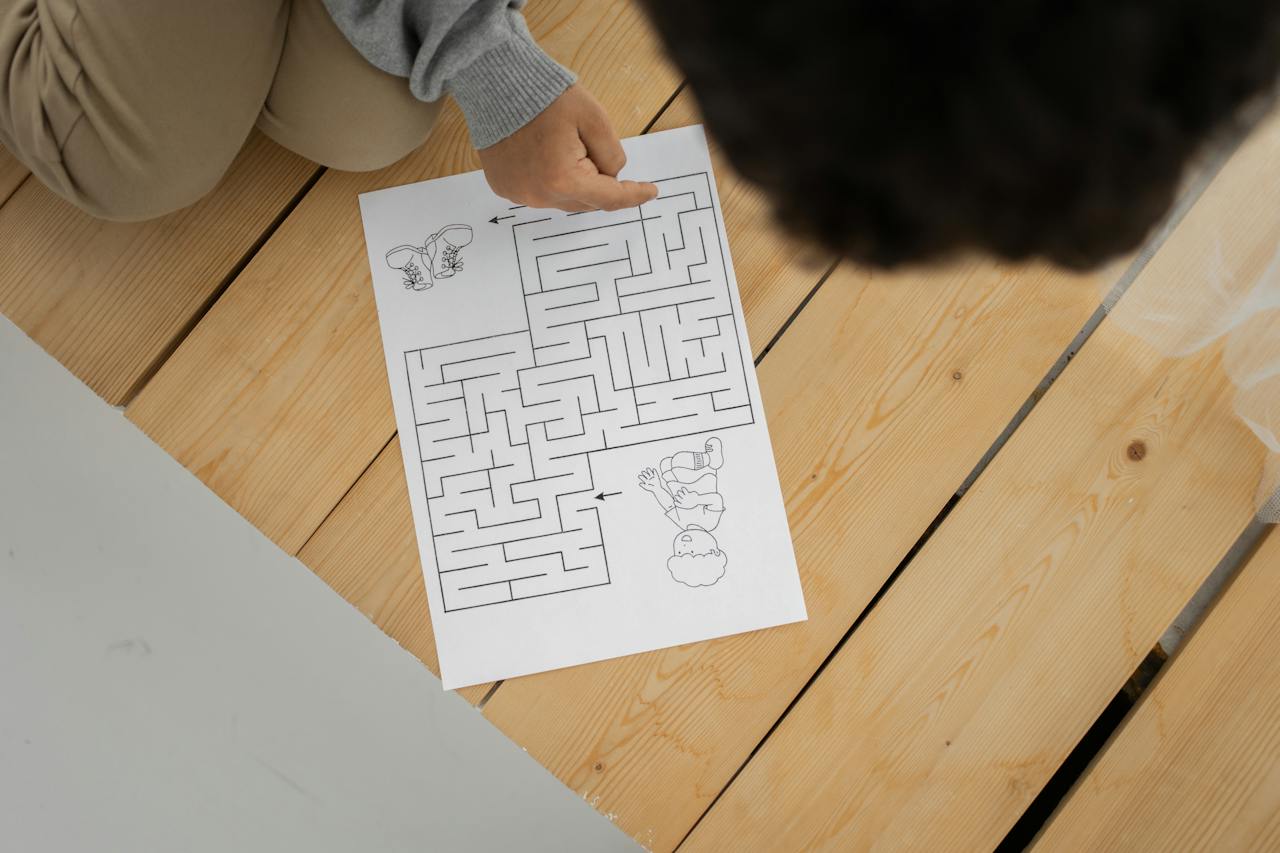In the past, children used to actively participate in rhyming poems and singing songs. These activities had many benefits that may not be prevalent today.
Parents tend to underestimate the value of these seemingly small preschool activities for kid’s development, but these poems are filled with essential elements such as new words, melody, and rhyming. All of these elements help build a solid foundation for advanced reading skills.
Engaging in singing nursery rhymes with toddlers creates a positive association with learning and helps develop a strong bond with your child. By doing so, you are setting the stage for an interest in reading.
First things first, what are rhyming poems
Rhyming poems have ordered patterns where words at the end of each line have a similar sound. Sound adds a rhythm and melody to the poem, making it fun to sing and easy to remember and recall. Like
Baba baba black sheep have you any wool,
Yes, sir yes sir three bags full.
Rhyming poems and reading development
Rhymes are the fundamental building blocks of phonological awareness in children. It helps them become better readers as they grow older. If your child enjoys rhyming with you, it is a good indication that they will be a fluent reader in the future.
However, if they struggle with rhyming, it is best not to force them. Instead, try gradually incorporating rhyming poems into their routine to help them develop this skill.
Better late than sorry, introduce rhyming poems gradually into their routine for a comfortable integration of this skill into their learning journey.
Learning new vocabulary
Rhyming poems have words that are not part of everyday language. Through the exploration of new rhymes, children become familiar with new words. For instance, the following lines from a popular nursery rhyme:
“One for the master, one for the dame,
And one for the little boy who lives down the lane.”
By noticing the words in italics that are not typically used in daily conversation, it becomes evident how rhyming poems can introduce children to a broader vocabulary.
Modulate their voices
Reciting rhyming poems can help in the development of mouth and tongue muscles. This is because rhyming poems have a song-like quality and a naturally expressive nature.
The rhythmic patterns and emphasis on certain words in rhymes require children to articulate sounds with precision.
As a result, their oral motor skills involved in speech get strengthened. By reciting rhyming poems, children actively exercise the muscles involved in the production of speech, which contributes to enhanced articulation and overall reading development.
Learn to pronounce words
Rhyming poems not only expands children’s vocabulary but also teaches them how to pronounce them right.
Reading involves saying words correctly, and that happens when we pay attention to how the language sounds, like stress, rhythm, timing, and how we speak and rhymes in poems serve as valuable practice for saying words with precision.
Enhance fluency
Rhymes have consistent sounds that can make it easier for early readers to recognize and pronounce words, which makes the reading experience more effortless and fluid.
This improved flow and pace can help build a foundation for proper elocution and comprehension.
Confident reading
Nursery rhymes are extremely valuable in supporting language developing communication skills in kids and preparing children for reading and writing as they get older.
Repetitive patterns of rhymes provide children with a predictable flow of words making them confident and more sure of themselves.
Tips to encourage reading development in your children with rhyme
- Bring them a high-quality rhyming poem book.
- Steal opportunities in your daily routine to sing rhymes with your child.
- Indulge in activities like wordplay using rhymes.
- While reading a rhyming book pause and give your child a chance to rhyme along with you.
- Make rhyming cards with words that rhyme, like “cat” and “hat” or “sun” and “fun.” Have your child match the words that sound the same. Doing this fun activity will help them get better at reading and thinking.
- Write your rhyming poems, songs, or stories and sing them. This will help your child be creative and have fun at the same time.
Conclusion
Planning a Nursery rhyme week with your kids is an excellent way to introduce these activities as a regular practice because a good rhymer often means you’re a good reader, and a good reader is usually a good writer.
Rhyming poems are a fun and joyful way to help children become confident and enthusiastic readers. At Joonify, we assess your child’s talents and provide a talent report. This report offers insights into different aspects, including learning styles and paths. It assists you in making informed decisions about your child’s future.
As we come to the end, we invite you to share your experiences.
Do you read rhyming poems with your kids or grandkids? Which rhyme do they enjoy the most?
If you have additional tips for engaging kids in rhyming activities, please share them in the comment section.
Your suggestions are valuable and appreciated!
 0
0
 Share
Share


















Comments
No comments found.